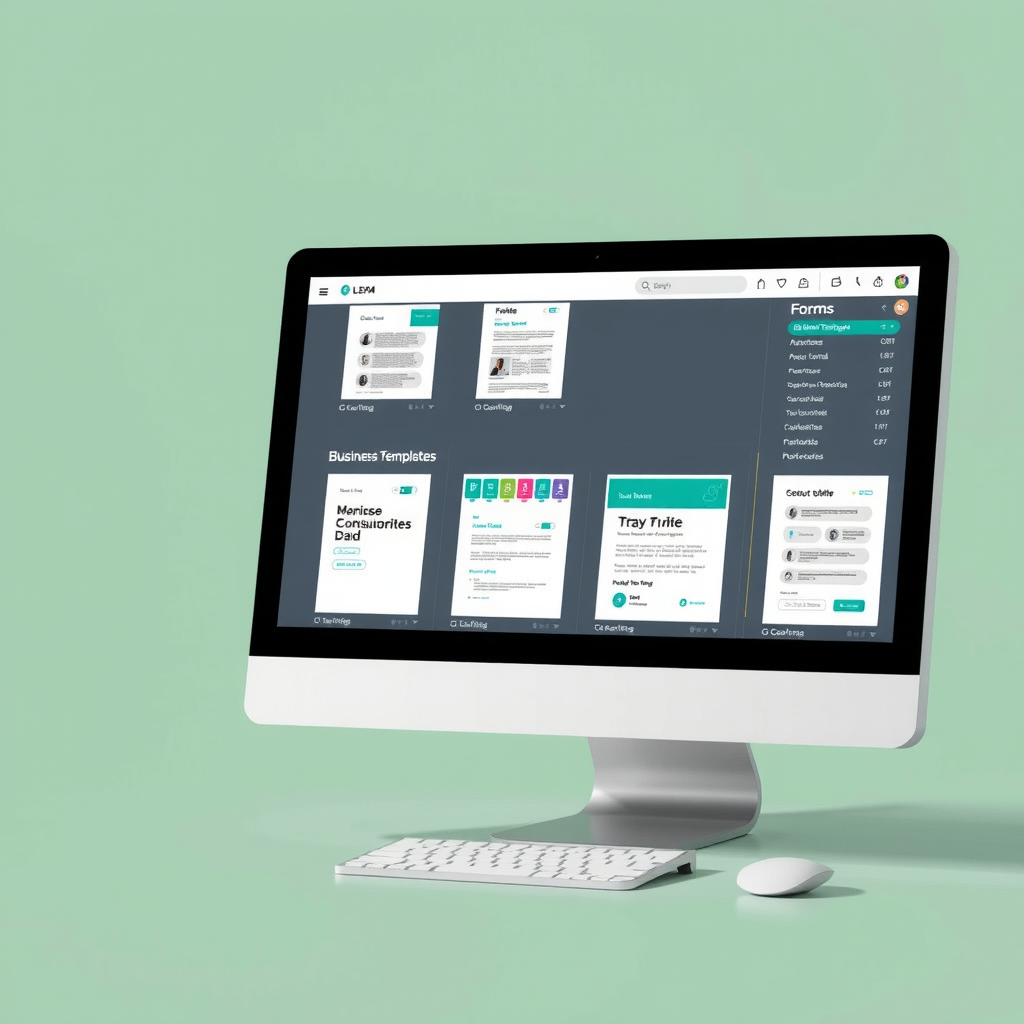The digital transformation of document management is revolutionizing how businesses operate, with organizations increasingly turning to sophisticated template systems and automated form solutions to enhance productivity and reduce environmental impact.
Recent industry analysis reveals that companies adopting comprehensive digital document strategies are experiencing significant improvements in operational efficiency. The shift from traditional paper-based processes to digital alternatives has accelerated dramatically, with businesses recognizing the value of customizable templates and automated workflows.
Template Usage Drives Efficiency Gains
Organizations are discovering that standardized document templates serve as the foundation for streamlined operations. By implementing consistent formatting and structure across all business communications, companies report reduced processing times and improved document quality. The adoption of professional templates has become particularly crucial for maintaining brand consistency while enabling rapid document creation.

The versatility of modern template systems allows businesses to customize documents for specific needs while maintaining professional standards. This flexibility has proven essential for companies managing diverse client requirements and regulatory compliance across different industries.
Form Automation Transforms Data Collection
Automated form processing has emerged as a game-changer for organizations handling large volumes of data collection. Digital forms equipped with validation features and automatic routing capabilities are reducing manual processing errors while accelerating information flow throughout organizations.
The integration of smart form technologies enables real-time data capture and immediate processing, eliminating the delays associated with traditional paper-based systems. Companies implementing these solutions report significant improvements in data accuracy and processing speed.
Customizable Resources Meet Growing Demand
The demand for adaptable business resources continues to grow as organizations seek solutions that can evolve with their changing needs. Customizable document systems provide the flexibility required to address unique business requirements while maintaining operational consistency.

Businesses are particularly drawn to platforms that offer extensive customization options without requiring technical expertise. The ability to modify templates and forms to match specific branding and functional requirements has become a critical factor in platform selection.
Environmental Impact Drives Adoption
The environmental benefits of digital document management are becoming increasingly important to organizations committed to sustainability. By reducing paper consumption and eliminating physical storage requirements, companies are achieving significant reductions in their environmental footprint.
Studies indicate that businesses transitioning to digital document systems can reduce paper usage by up to 80%, contributing to both cost savings and environmental conservation goals. This dual benefit has accelerated adoption rates across industries of all sizes.
Future Outlook for Digital Documentation
Industry experts predict continued growth in digital document management adoption, with emerging technologies promising even greater efficiency gains. The integration of artificial intelligence and machine learning capabilities is expected to further enhance template customization and form automation processes.
As businesses continue to prioritize operational efficiency and environmental responsibility, the demand for comprehensive digital document solutions is expected to expand significantly. Organizations that embrace these technologies early are positioning themselves for competitive advantages in an increasingly digital marketplace.
About Digital Document Management:The transformation of traditional paper-based processes into efficient digital workflows represents one of the most significant operational improvements available to modern businesses. Through the strategic implementation of templates, forms, and customizable resources, organizations can achieve substantial gains in productivity while contributing to environmental sustainability.
